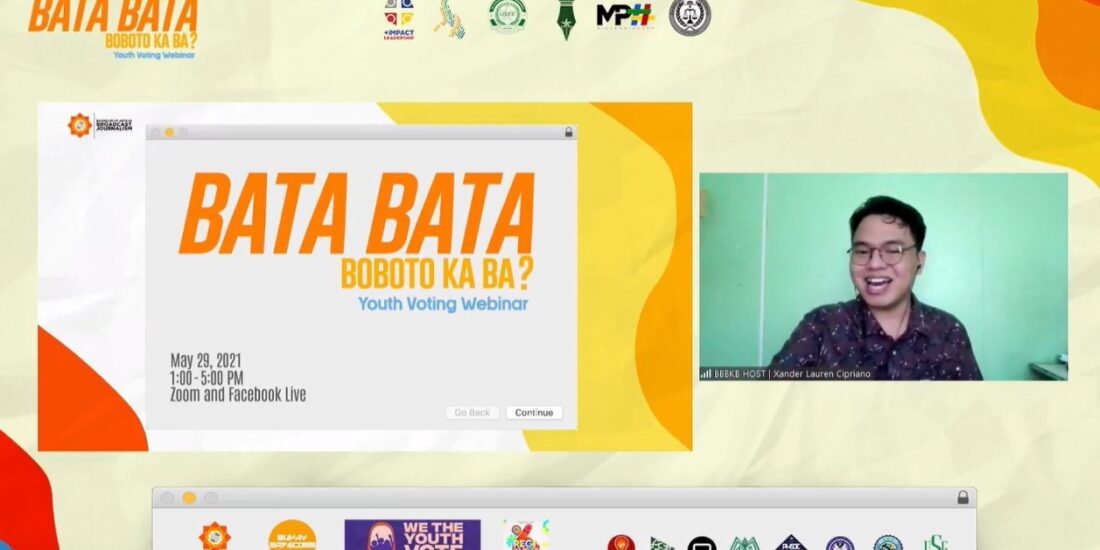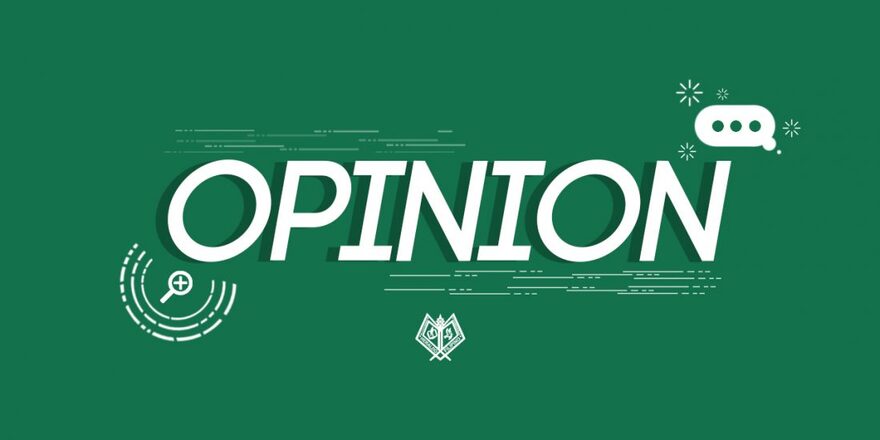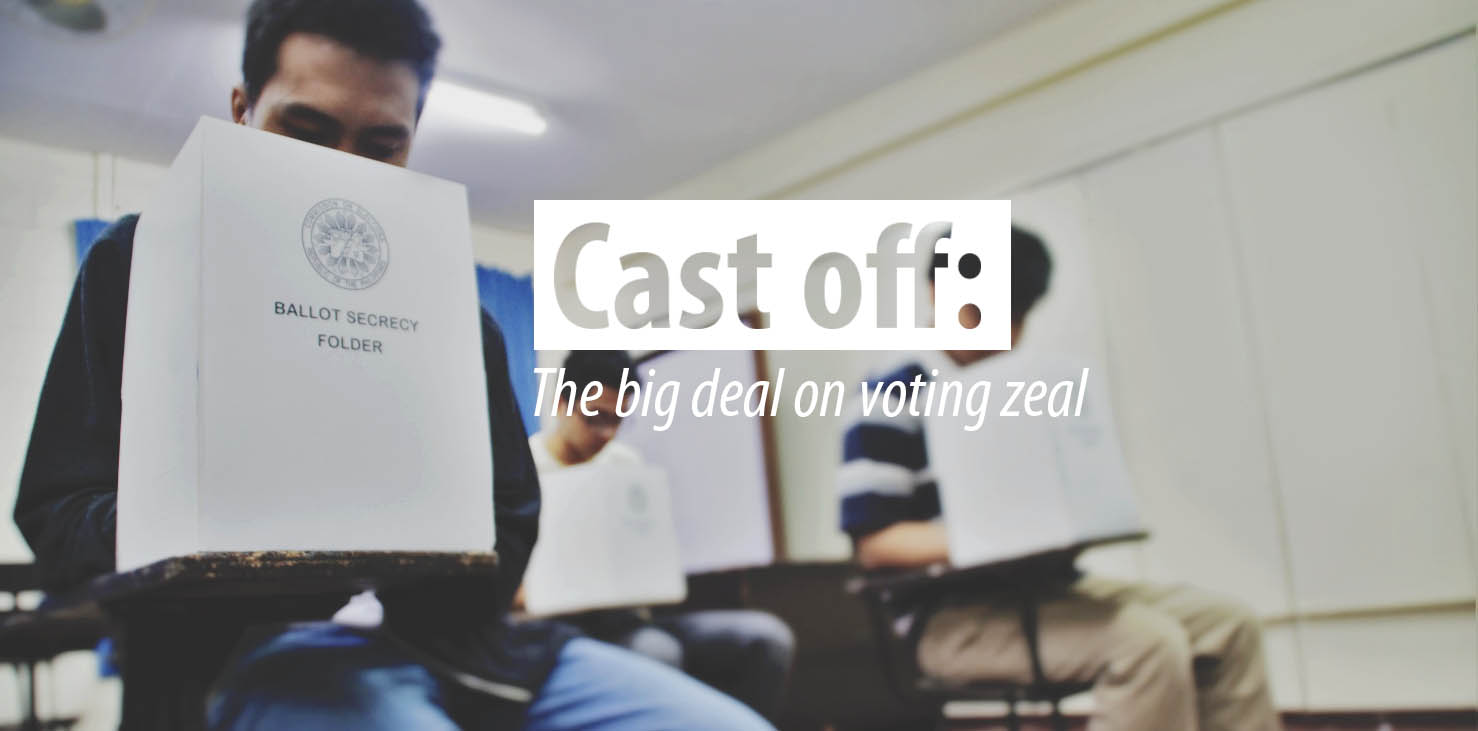Beyond positions
After years of delay and even overlapping with the change of the national administration, the Barangay and Sangguniang Kabataan Elections (BSKE) took place today, October 30, 2023.
The upcoming BSKE faced several postponements throughout its implementations, which led to an array of legislations passed just for the elections of the smallest administrative division of Local Government Units (LGUs). In fact, the Republic Act (RA) 11935, or the act that suspended the supposed BSKE last December 2022, was deemed unconstitutional by the Supreme Court last June of this year. Well, aren’t they too early for this one.
Despite all the fuss and uproar that the BSKE elections have made, people still give bare and minimal attention to the issue at hand, to the extent that mockery is the prevailing means to invoke discussion on the topic, specifically concerning the candidates of Sangguniang Kabataan (SK). Supposedly, these are the youth leaders that would help shape and nurture their fellow youth, but there is a continuous discourse that SK is just a mere instrument to foster politicking, corruption, and kleptocracy. It’s all about “palakasan” as most people will say, completely opposing the genuine and progressive youth participation that it is supposed to embody. Apparently, it’s the face of youth leadership in the government’s grassroots, too.
Youth leadership is not black and white, however.
A plethora of inefficiencies and cynical labels
SK has its years of history back. In fact, Philippines was one of the first countries to enact a public service governmental institution led by the youth. With roughly 30 years of implementation, surely the influence of SK already left its mark. Indeed it has, but for the wrong reasons.
Reforms are constantly being pushed for SK. Before the end of the past two presidents’ term, they both approved legislations that catered to improve the state of the small scale youth councils. Benigno Aquino III signed the Sangguniang Kabataan (SK) Reform Act during 2016, while the amendment was signed by Rodrigo Duterte last year. Apart from mandated regulations, constant calls from the masses, especially the youth, are still echoed. The empowerment that policies are pushing seems to be inadequate.
Usually, the connotation of people when it comes to SK is that the council’s lone programs are only tailored for sports and recreation. If there’s someone soliciting outside your house, it’s probably for the “liga” organized by the youth council. These two events are frequent in barangays as this is probably the go-to, easy activities that they can launch. After all, it’s harder to draft resolutions that will address pressing socio-economic issues like health care and employment than open basketball invitationals and beauty contests that are mostly for entertainment.
According to a joint study by United Nations Children’s Fund (UNICEF) and Department of Interior and Local Government (DILG), LGUs and youth alike tend to question the effectiveness of SK programs. They deem it mediocre as there is an abundance of weak and repetitive projects that do not leave an impact to the community. They could not even directly prioritize the youth’s needs in the projects that they implement. Abolishing SK was also put into table with how unsatisfied people are with the council. SK projects tend to lose their focus that both the youth and government representatives cannot grasp its very core.
Given this outlook of SK to the people, there is no guarantee that it serves the purpose of representing the youth and ensuring development programs are working.
Reflecting state politics
One of the frequent criticisms that SK faces is the traditional authority that fuels it. In the same study of UNICEF and DILG, the youth involved in the council spirals into nepotistic and corrupt practices which further amplifies the call for its abolishment. However, the SK Reform Act of 2015 aims to prohibit SK aspirants with blood relations to current government officials, which is ideal in eliminating political dynasties at grassroots level.
However, the provision remains ideal as the Commission on Elections (COMELEC) does not even have the data of aspirants to check whether they are connected to a family in position. There is no clear assurance of whether this policy is being de facto followed as the COMELEC relies on others filing a complaint rather than investigating themselves hence, there is no security of implementing the provisions stated in the law.
Political dynasty remains a prolonged debate in the country as until today, the regulations that focus on eradicating and restricting remain as bills alone. Of course, why would the politicians that benefit from such a system oppose it? Even the current heads of the national state stem as products of dynasties.
Apart from the consanguinity issues of SK and national government, populist and fame-based characters are not new in the political scene of the country. Same slogans with a different name are posted in public materials. Influencers are running as youth representation despite being involved in numerous issues. This is no different than celebrities gunning for government official spots. On top of that, most of them do not have any backgrounds in leadership and public service, so who would they actually serve?
Speaking of backgrounds, it is alarming how numerous SK aspirants have become viral online because of their credentials. Circling between recognitions like “Most Valuable Player” and “Ms. Congeniality” with no other background in ordinance writing, leadership seminars, and even concrete platforms, these potential youth leaders provoked an overview of an incompetent governing body. With over 270,000 youth hopefuls nationwide, there is no doubt that there is a rich amount of aspirants that hide in the guise of servicing the people to carry out their personal agendas. It happened too many times, and the recent 2022 elections should serve as a notable reminder for this. People willingly vote for the famous ones despite having their credentials faked or not suitable for a lawmaker.
In their defense, however, they were victims too.
Hope is not a shot in the dark
Although it may look like the elections in the country and the governing bodies that oversee us run through a streamline of inefficacy, delinquency, and empty promises, youth leadership is far from being dead.
There remains the promising youth movement that becomes overshadowed by the majority. Yes, there were several SK projects which were recognized as outstanding works by awarding bodies, but it does not give an in-depth measure of whether these projects left an impact on their communities or not. Awards will never be the benchmark for progress; rather, the projects that were recognized in these contests should push for more innovative projects that address societal issues. At the end of the day, they should be serving the people and thus, the highest reward they should get is the well-being of their fellow youth. Embarking on the path of carrying the youth representation in an administrative level is a difficult one and hopefully, the aspirants for this upcoming elections have fully accepted this fact and are now more than ready to shoulder the responsibility of providing the needs and protection of the youth. If they are truly committed to service then they would exhaust all efforts and be accountable in every step they take. Fulfilling their chosen duty would disprove the clamor scorning them to be incompetent and open new gates for SK to be seen as genuine youth representation.
The youth sector strives for social movements which most people will not see or choose to be blind about. Given the political environment today, the young people have been active in the streets and digital space when it comes to pushing advocacies that are constantly being repressed by the state itself. In the recent budget hearing for 2024, one of the minorities that promptly questioned the funds was Kabataan Partylist’s representative Raoul Manuel to the extent that he was disrespected during the hearing. Without the ceaseless prodding of Manuel and the other opposition representatives, the various confidential and intelligence funds (CIFs) for different departments, including those under the Vice President and the President, would have been approved.
Progressive youths have been victims of numerous red-tagging cases and even enforced disappearances for siding with the masses and using their democratic rights. Young people are usually told to utilize their education and be critical in real-life situations yet the moment their voices step out of the four corners of academic institutions, they are ridiculed and jeopardized. Despite all the nuances that come with a fight, they still persist and stand their ground to oppose the unjust system that constantly burdens its own constituents. Take one instance: the education sector.
Keep in mind that today’s youth sectors are mostly from the studentry, who are first-hand witnesses of how deliberately inefficient the education system currently is. From the unconducive facilities or the poor quality of education being taught or the gradual tuition and other fee increase, the crisis is undeniable. Calls for systemic reforms and protection of historical accounts are amplified by the students themselves, as no one wants to bear extra suffering. Student leadership should always go beyond creating institutional projects and events as they play a key role in helping fellow students see and act on the alarming matters inside and outside their universities. Apart from pushing and protecting pro-student policies, these young people are also vital in transforming society to a better place. They know their worth as students, as citizens, and as humans. Hopefully, their passion to serve the studentry and the people grows more as it becomes a need every passing day.
To those who hold the future
What is reaped will be sowed. Although the saying is probably overused at this point, Rizal’s proverbs are still something to live by.
Ang kabataan ang pag-asa ng bayan.
The youth is diverse in their own ways. Some are ready to risk their young lives for the fight adhering to their principles, while some do not dare spare an ample amount of energy to live by their virtues. Some have advocacies they amplify, but it’s unclear whether it’s for themselves or the people they serve. Nevertheless, the bottomline is grounded in all of us.
Those that will assume position are within the hands of the youth themselves, but leaders are not bound by electoral codes nor titles; they are sustained by their genuineness to stand and serve their generation.
Leaders do not need to flaunt their ideals if they would not act on it. Words cannot grasp a whole promise after all. It is easy to put things into publication materials and campaigns while hiding behind the convenient mask of progress and inclusion that are actually uncertainty and detachment in reality. Take up the courage to embody your chosen mask. Awakening is past due and the moment the eyes are opened, it is now a responsibility to never shut them close again. The masses need the youth more than ever.
Let this be a reminder that with each passing hour, we are getting older and the future that was meant for us is nearing yet the system that we all condemn remains the same toilsome one. To mold a brighter tomorrow, it is imperative to start acting today. Honing the future through improving the youth that will take over soon is a long journey to navigate, but with the youth’s collective effort, genuine reform will have its concrete structure. Youth leadership lives in the spirit of every young person who dreams of creating a community where everyone is heard, seen, and served.





